Five bright, young researchers from prestigious academic institutions across the country have been selected to join The ALS Association’s 2023 Class of Milton Safenowitz Postdoctoral Fellows.
Established in 2004 in memory of Milton Safenowitz by the Safenowitz family, this well-respected program encourages researchers at the very beginning of their careers to enter and, importantly, remain in the ALS field. After completing this fellowship, more than 75% of awardees stay in ALS research, and many go on to establish their own laboratories and mentor more ALS researchers along the way.
“Over the past 20 years, our Safenowitz Postdoctoral Fellowship Program has helped more than 90 promising young scientists establish themselves as part of the ALS research community,” said Paul Larkin, Ph.D., director of research at The ALS Association. “We are excited to welcome five more talented postdocs into this prestigious group and see how they contribute to our understanding of the disease and the search for new treatments and a cure.”
S. Can Akerman, Ph.D., from Johns Hopkins University; Annie Collins, B.M. B.Ch., from UMass Chan Medical School; Mario Flores, M.D., Ph.D., from Harvard’s T. H. Chan School of Public Health; Alexander Lin-Moore, Ph.D., from Brown University; and Sitao Zhang, Ph.D., from the University of California San Diego, were selected from a highly competitive group of applicants based on their professional accomplishments and the high scientific merit of their proposals. They will each receive $150,000 over the next two years to support their projects and professional development.
Flores also emphasized the foundational role the Safenowitz Postdoctoral Fellowship would play in his career. “I feel honored to receive this fellowship and excited to have the opportunity to continue learning about ALS and contributing to our understanding of this disease,” he said. “This is the first grant where I will be serving as a principal investigator. This opportunity will set the foundation for me to become an independent researcher.”
Applications are currently being accepted for the 2024 Class of Safenowitz Postdoctoral Fellows. Letters of intent are due November 21, 2023, by 5 p.m. US ET. Click here for more information.
About the Fellows
Through their projects, our 2023 Safenowitz Fellows hope to better understand ALS to help develop more effective treatments or even ways to prevent the disease.
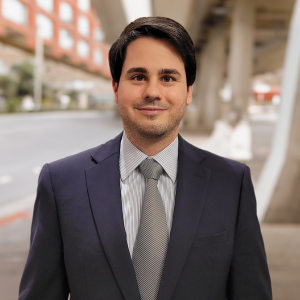
S. Can Akerman, Ph.D., is focused on how abnormal proteins linked to ALS may spread from cell to cell within the spinal cord and brain using a type of structure called extracellular vesicles (EVs). The goal is to be able to control the release of EVs using recently developed drugs to slow down or perhaps even prevent the spread of toxic proteins produced by mutated forms of the C9orf72 gene, the most common genetic cause of ALS. FULL PROJECT SUMMARY
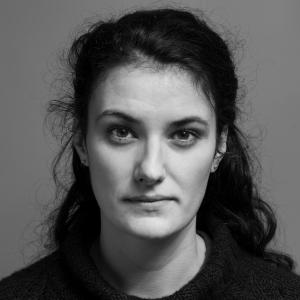
Annie Collins, B.M. B.Ch., is interested in leveraging genetically targeted therapies to treat sporadic ALS. Currently, this approach is being used to target specific ALS-linked genes (such as SOD1). The majority of people with ALS, however, do not have an ALS-linked genetic mutation, so being able to target multiple genes involved in disease-causing processes will be important. Collins intends to make a new type of genetically targeted therapy, called an siRNASO, that can target two different genes involved in sporadic ALS at the same time. FULL PROJECT SUMMARY
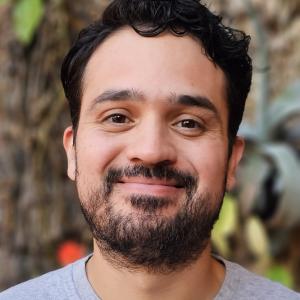
Mario Flores, M.D., Ph.D., aims to better understand the potential relationship between diabetes and ALS risk by undertaking one of largest and most comprehensive investigations of the topic to date. By addressing important gaps in the existing research, he is aiming to provide new insights into the causes and prevention of ALS. FULL PROJECT SUMMARY
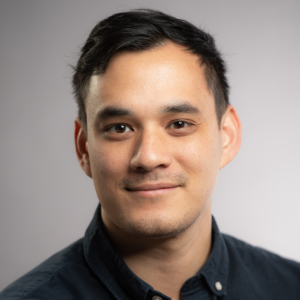
Alexander Lin-Moore, Ph.D., and his colleagues have identified several genes they believe help keep neurodegeneration in check. He is now looking to characterize these genes, figuring out how and where they function in a nematode model of ALS and how they work in humans. He also plans to look for changes within the nervous system that occur with ALS to identify potential genes or other types of targets that could be used to develop new treatments to slow the process of neurodegeneration. FULL PROJECT SUMMARY
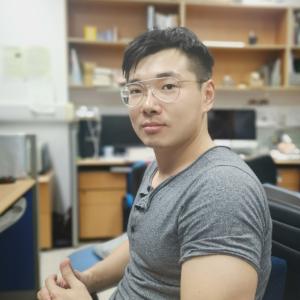
Sitao Zhang, Ph.D., plans to investigate whether increasing the activity of proteasomes in neurons can reduce toxic clumps of the protein TDP-43 (also known as aggregates), which are found in approximately 97% of people with ALS. Proteasomes are the cell's natural “protein recyclers,” as they break down damaged or aggregated proteins into small pieces. Zhang also intends to identify new targets for ALS treatments by examining how proteosome activity impacts TDP-43 aggregation and how aggregated TDP-43 harms cells. FULL PROJECT SUMMARY
To learn more about the disease and follow stories about people living with ALS in the community, subscribe to receive our weekly blogs in your inbox HERE or follow us at als.org/blog.
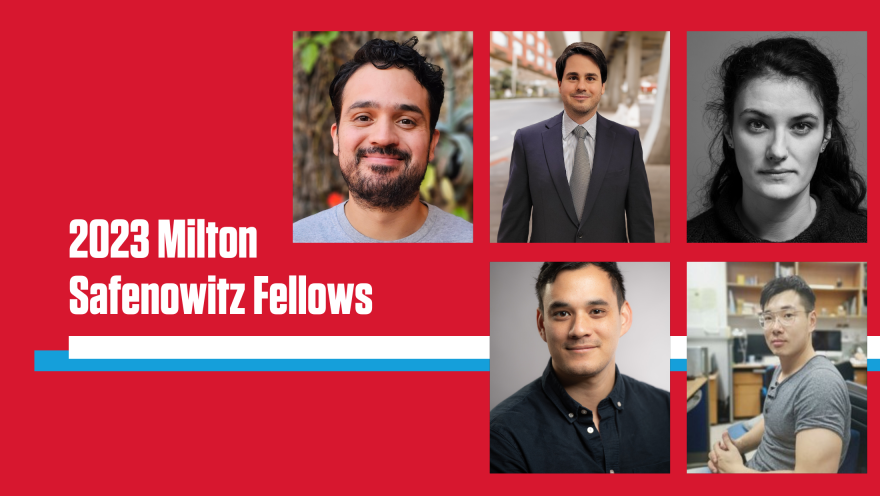

Join the conversation. Please comment below.